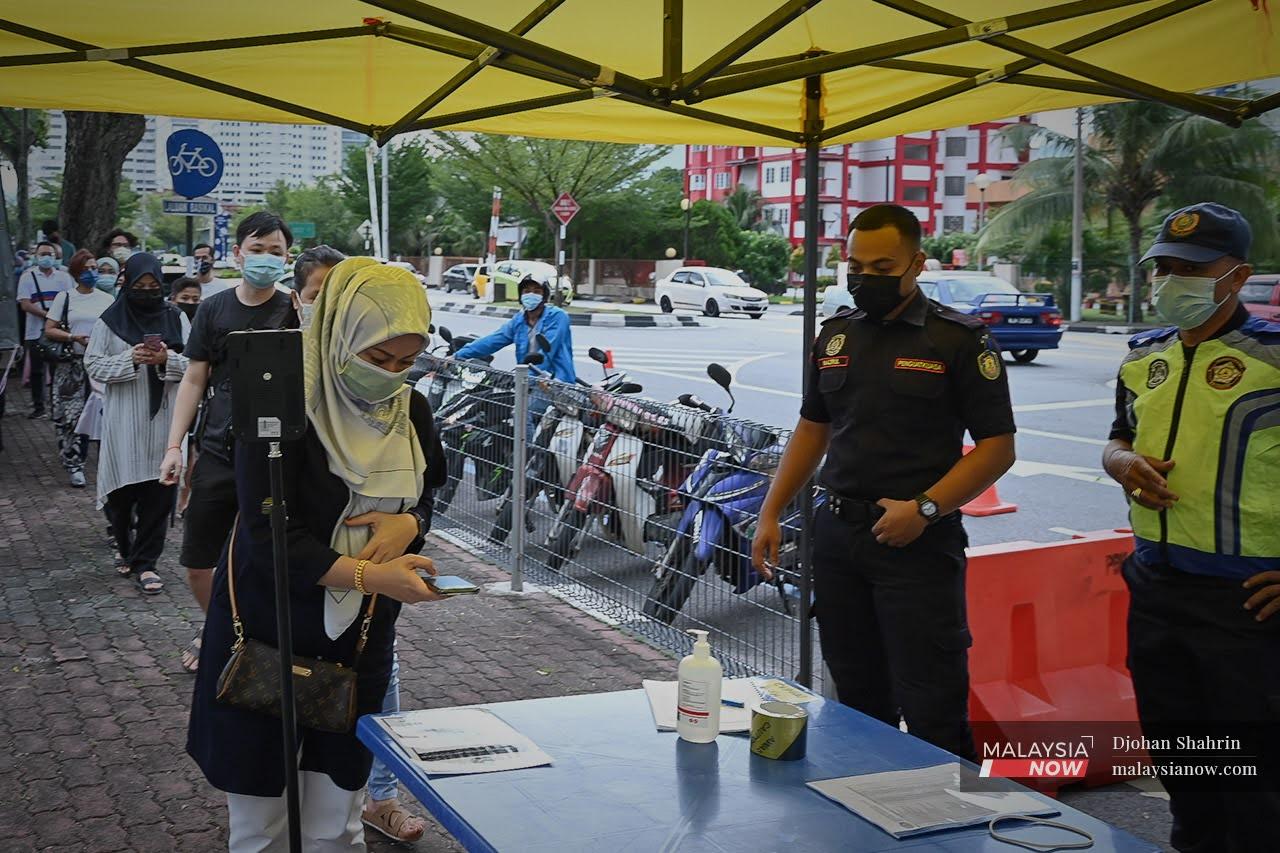Local govt authorities allowed to issue compounds as Ramadan bazaars kick off
Compounds can be issued by city mayors, local council heads, and enforcement officers of Grade 19 and above.
Just In
Local government authorities can now issue compounds for offences under the Prevention and Control of Infectious Diseases Act 1988 (Act 342).
The housing and local government ministry in a statement today said compounds could be issued by city mayors, local council heads, and enforcement officers of Grade 19 and above.
It also urged local authorities to step up monitoring and enforcement to ensure that visitors and traders at Ramadan bazaars adhere to the SOPs issued by the National Security Council on March 29.
“Checks on traders include information about typhoid injections, food handler cards, permit fees, SOPs, and site hygiene.
“Enforcement will be fully implemented at all Ramadan and Eid bazaars during the month of Ramadan including those are not under the supervision and control of local authorities,” it said, adding that a minimum of four officers would be stationed at each bazaar depending on size and capacity.
SOPs for Ramadan bazaars in localities under conditional and recovery movement control order include crowd control at the entrance with physical distancing of at least one metre, the use of sanitiser before entering, proper use of face masks, provision and scanning of QR codes and temperature checks.
“Speakers will also be used as a reminder to visitors about compliance with these SOPs. In addition, briefing sessions were given to the traders involved to ensure compliance with the prescribed conditions,” the ministry said.
Subscribe to our newsletter
To be updated with all the latest news and analyses daily.
